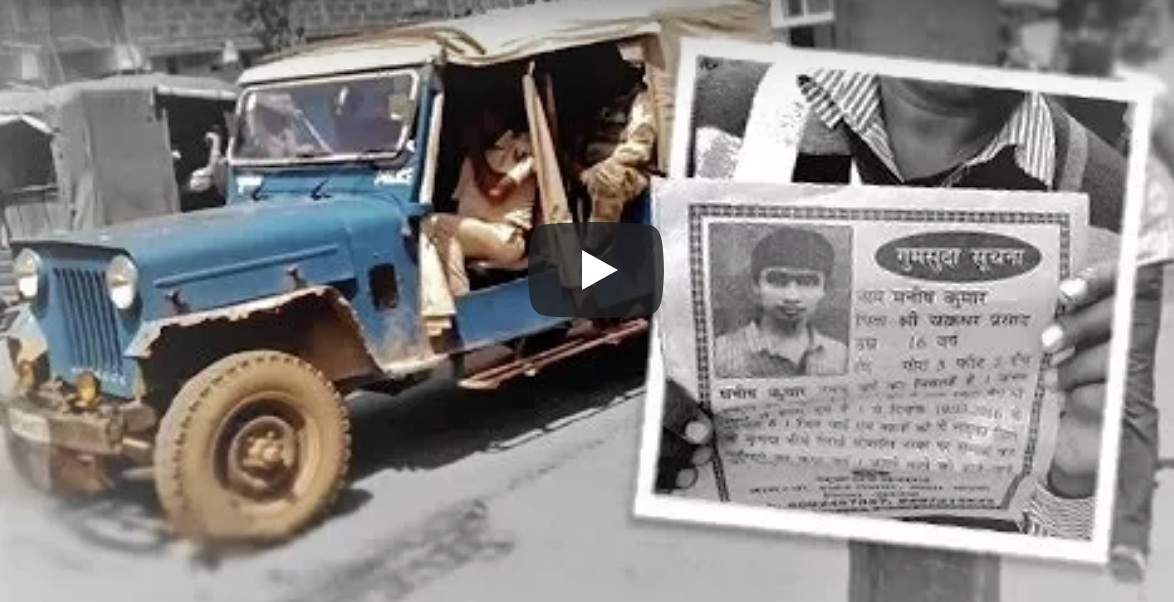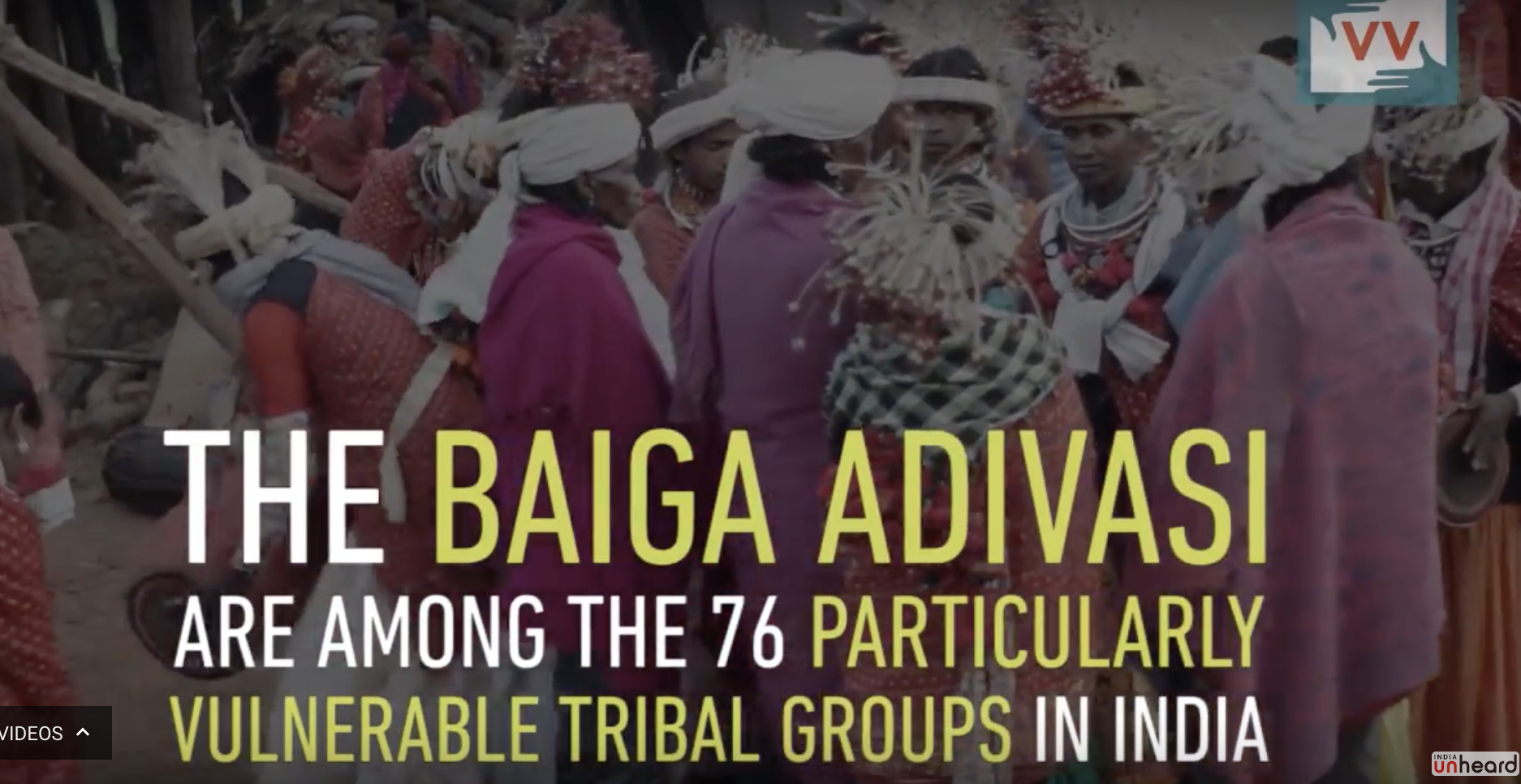Packed in “like razorblades”, children picked up on suspicion of involvement with Boko Haram are detained indefinitely in Giwa military barracks in Nigeria.
Read MoreChildren accused of affiliation with ISIS are being detained, and often tortured and prosecuted, regardless of their actual level of involvement with the group. This sweeping, punitive approach is not justice, and will create lifelong negative consequences for many of these children.
Read MoreEach day in India, 180 children go missing, stolen and trafficked into child labor. Two out of three of them will never be found.
Read MoreIn rural Uttar Pradesh, one woman challenges men to cover their faces with veils and then successfully execute their work.
Read MoreAccording to official figures, over 100,000 women and 50,000 children remain untraced across India. Rupa Devi and her two daughters are one of the latest missing person cases dismissed by local police.
Read MoreNaresh Biswas, a community activist, has been working tirelessly with the Baigas of Baigachak for over two decades and has persuaded 700 families to return to their traditional farming and food cultures.
Read MoreA new Gallup survey reveals that 1 in 4 Indians fears losing their land or home. A beautiful film by the Place Project explores the meaning of home for indigenous and urban poor people and makes the argument for strengthening land rights of the poor.
Read MoreWomen farmers offer a way to rethink our current food production system, which is heavily polluting and over-reliant on fossil fuels.
Read MoreThe ABCs of Child Labor...15 products touched by child labor and child slavery. How many do you use?
Read MoreHere are two seemingly unrelated facts: Bangladesh is one of the most vulnerable countries when it comes to the effects of climate change. Around 30% of girls in Bangladesh are married before their 15th birthday. Hidden Connections is a 20 minute documentary revealing how these two facts are intertwined.
Read MoreAustralia is obliged to offer protection to refugees. Instead, many are processed at a detention centre on the remote, independent island of Nauru, 3,000km from Australia.
Read MoreRare footage inside the refugee detention camps on Nauru shows the impact on children of indefinite captivity on the 21km square island nation of Nauru.
Read MoreThe Greek coast guard goes out on a daily basis to rescue refugees from sinking boats. They feel as though they have been left to deal with an enormous humanitarian emergency by themselves, while more distant countries natter on about what to do and how many people they can be asked to absorb.
Read More17-year-old Lilian tells the story of fleeing death threats in El Salvador and coming to the United States alone.
Read MoreViolent crime perpetrated by the “maras”, as the gangs are known, has claimed the lives of 7,500 young Salvadorans since mid-2014. Tens of thousands of Salvadorans, among them large numbers of unaccompanied minors, feel they have no choice but to flee the country.
Read MoreThousands of children in Indonesia, some just 8 years old, are working in hazardous conditions on tobacco farms.
Read MoreMillions of children risk pain, sickness, injury, and even death to produce goods and services for the global economy.
Read MoreCentral American children fleeing serious threats face formidable obstacles in applying for asylum in Mexico.
Human Rights Watch has documented wide discrepancies between Mexican law and practice. By law, Mexico offers protection to those who face risks to their lives or safety if returned to their countries of origin. But less than 1 percent of children who are apprehended by Mexican immigration authorities are recognized as refugees, according to Mexican government data.
“We do live in fear, and that’s violating our rights too. Nobody should live in fear. Not having the DREAM Act right now is affecting a lot of people. And it’s affecting our human rights, and I feel that the government might not realize that. Or maybe it does, but I don’t know why it hasn’t been passed, if that connection is made. It’s inhumane.”
Read More


















